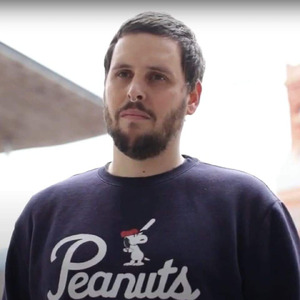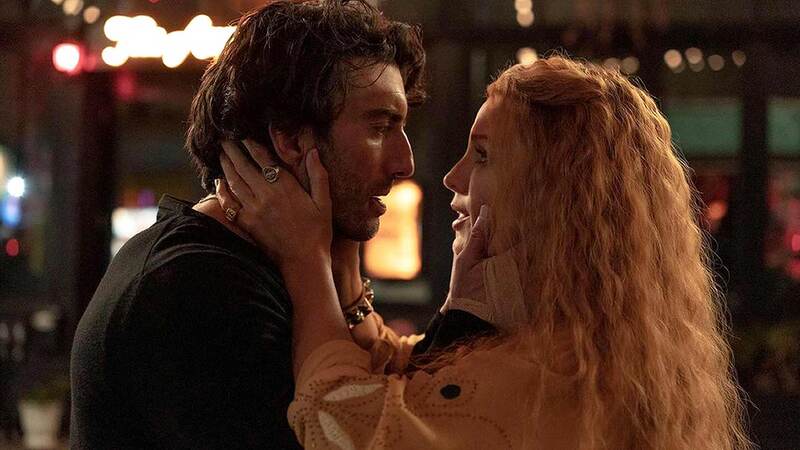You are viewing your 1 free article this month. Login to read more articles.
On parenting and writing
Authors who also care for kids have a difficult relationship with time.
My son asks for a drink of water, it has been an hour since I began putting him to bed and, ironically, I need to be on Zoom to introduce a workshop on poetry and parenthood in five minutes. My wife, Emma, is dealing with our daughter’s bedtime, and somehow I now need to juggle Zoom, a thirsty three year old, and I’m aware the chicken coop still needs to be shut. In this moment I wonder if Haruki Murakami has ever had to deal with this.
I’ve read a lot of Murakami’s work, everything he’s written in fact, and am aware that he has no children, but my point stands. In a recent interview for UNIQLO, Murakami waxed lyrical on all the typical Murakami motifs: music, T-shirts, running and writing. Speaking about how he finds the energy to write, he suggested: "As a writer, you can write as much as you want until 40 or so, while youth is on your side."
Unfortunately, though, when you are raising the youth, it certainly is not on your side.
Most days as a parent involve a menagerie of side-plots involving the children, whether that’s battling to ensure they wear the correct clothes, telling them to stop putting Weetabix in the dog’s water bowl, or, in one case with my daughter, calming them down because they want to sit at the head of a perfectly round table and can’t grasp that there is no top seat on a round table. School runs take time, school projects, emails and activities eat into time, and bedtimes are one wrong wire away from exploding in your face. The whole battle is just that, a tiring engagement in which energy seeps from you during the day until you have nothing left in you beyond scrolling relentlessly on TikTok when they’re asleep.
However, here in lies the other problem, when they do go back to school after the summer holidays, or go to sleep on time, or play calmly by themselves, you then must deal with the overbearing guilt of parenting. They’ve gone back to school, you have time to write, but now you’re stricken by missing them dearly, and their foibles, and you’re riddled with the idea that in 30 years’ time you won’t be grateful you got more writing time, instead you’ll look back with gratitude on every additional minute you got with them.
On the Zoom workshop, one participant told us how grateful they were to be given a space where their participation wasn’t pre-determined but instead allowed them to nip off to check on a sleeping toddler, or beg a teenager to turn their music down
So where does this youthful writing time come from as a parent? On the Zoom workshop, one participant told us how grateful they were to be given a space where their participation wasn’t pre-determined but instead allowed them to nip off to check on a sleeping toddler, or beg a teenager to turn their music down, all without feeling they had to explain themselves. Here was a writing group where parents could write without having to explain themselves and engage knowing the others understood.
A few years ago I heard the American actor Zach Braff, on a podcast, recount a story of how, when he was a young aspiring actor, he needed to work to support himself and turn down auditions that stars born into money, such as Nick Kroll and Julia Louise Dreyfus, didn’t. He would be waiting tables because the next payslip was more important than the lottery of an audition, and it’s the same as a parent who writes. Competitions roll around, but the kids need new shoes, or the deadline is not coherent with juggling the day-to-day practicalities of life. Even more so when you’ve got children and work full-time to support those children. Residencies become impossible pipe dreams where childminding, money, and guilt combine to convince you that you, as a parent, cannot make it work.
My daughter wakes up crying, she is having a night terror and my work, this essay, is interrupted once again. In 30 years time I won’t look back wishing I spent more time on my laptop, but will be grateful for the moments my children wrapped their arms around me, seeing my presence as pure comfort and support. As such, youth is not on my side when it comes to writing, but, as a parent, I know it is more important that I am on the side of youth.
















